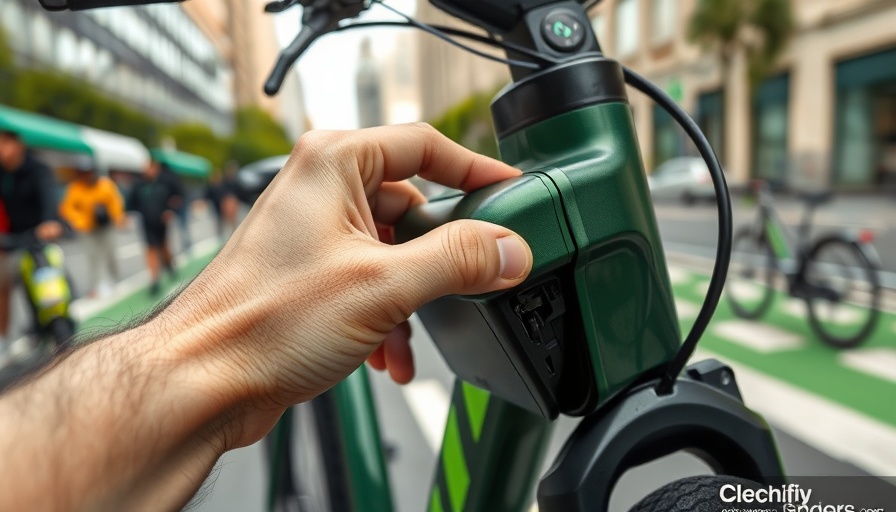
Lime Partners with Redwood Materials for Battery Recycling: A Step Towards Sustainability
In a significant move towards sustainability, Lime, the well-known shared micromobility company, has formed an agreement with Redwood Materials to recycle the batteries used in its scooters and e-bikes. Redwood, founded by former Tesla CFO JB Straubel, specializes in recovering and recycling critical minerals like lithium, cobalt, nickel, and copper from end-of-life batteries. This partnership signifies a potential shift in how transportation companies handle battery waste and aligns with both companies' goals of promoting a circular economy.
Building a Circular Economy Through Battery Recycling
The collaboration allows Lime to send its spent batteries directly to Redwood Materials, making it the exclusive recycling partner for Lime's fleet in the United States, Germany, and the Netherlands. Unlike previous partnerships that involved third-party vendors, this direct relationship ensures that recovered materials can be reintroduced into the supply chain. This closed-loop recycling process has the potential to substantially decrease the environmental impacts associated with traditional mining and refining of these materials.
By the Numbers: Lime’s Sustainability Goals
Lime has committed to ambitious sustainability targets, aiming to achieve a decarbonized business model by 2030. Over the last five years, they've reported a remarkable 59.5% reduction in Scope 1, 2, and 3 emissions compared to their 2019 baseline. This partnership with Redwood is expected to further cut emissions by ensuring that batteries are responsibly recycled and their materials looped back into the production cycle.
Valuable Lessons from Other Industry Leaders
Redwood Materials has collaborated with various companies in the micromobility sector, like Lyft and Rad Power Bikes, helping to set a precedent in the industry. By leveraging these partnerships, Lime is not just enhancing its operational efficiency but is also reinforcing its commitment to environmental stewardship. Other companies could learn from Lime's approach, showcasing that sustainability and innovation go hand in hand.
Future Predictions: The Evolution of Battery Technology
As the demand for e-bikes and scooters continues to surge, the need for sustainable solutions in battery recycling becomes increasingly crucial. The partnership between Lime and Redwood is just one indicator of how the industry is evolving. Looking ahead, we may see advancements in battery technology that prioritize sustainability from the start, such as batteries designed specifically for easy disassembly and recycling.
Counterarguments: Is Recycling Enough?
While Lime and Redwood's collaboration shows promise, some critics question whether recycling alone is sufficient to address the environmental crises linked to battery production. Detractors argue that without a significant shift in consumer behavior and the global supply chain, such initiatives may only scratch the surface of what’s necessary to combat climate change effectively.
Industry Implications: What This Means for Consumers
For consumers, this partnership represents the growing importance of sustainability in everyday decisions. As more companies adopt similar practices, customers can feel more secure in their choices regarding shared transportation services that actively contribute to reducing their carbon footprints.
In summary, Lime’s agreement with Redwood Materials to recycle scooter and e-bike batteries marks a pivotal moment for the micromobility sector and sustainability efforts overall. As the partnership progresses, it promises to set the tone for how companies address waste and reuse of essential materials, paving the way for a greener future. Therefore, staying informed about emerging trends in technology news, particularly in sustainability, is crucial for everyone.
 Add Row
Add Row  Add
Add 



Write A Comment